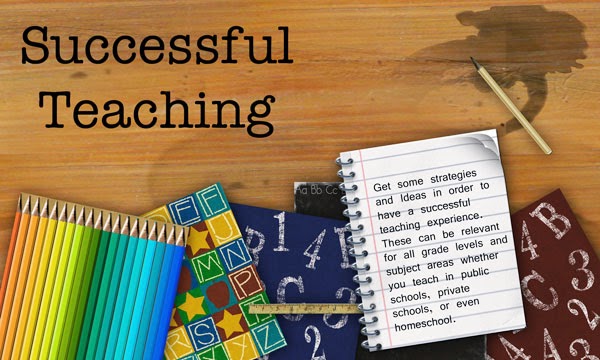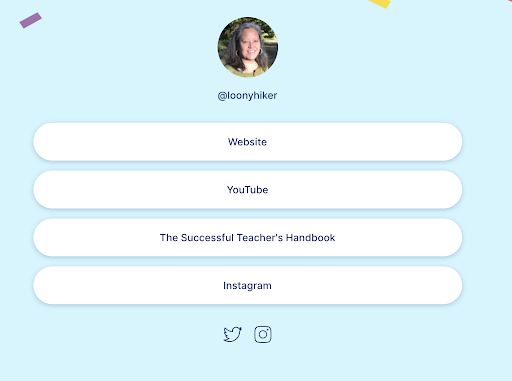In
Want kids to
love school? Stop telling them they stink and find their strength.
from
Cool Cat Teacher Blog, Victoria A Davis, Cool Cat
Teacher asks,
"How do you look for talent? How do you spot
strengths? How do you communicate such a mindset to your students?"
At the beginning of the school year, I like to
have students fill out some information about them. Of course, I don’t have
them write down their strengths and weaknesses because some of them think that
all they have are weaknesses. Some think they have absolutely no weaknesses.
So, I try to phrase the questions in a way that will give me some information
for to see the students’ strengths and weaknesses.
Here are some questions that I ask:
1.
What do you like to do? (usually seen as a
strength)
2.
What would your friends and/or family say that
you do well?
3.
What do you like to do? (they usually don’t
like to do things that give them trouble)
4.
What would your friends and/or family say that
don’t do well?
5.
What are some topics that interest you?
6.
Do you like to read?
7.
Do you like to make things?
8.
Do you like ro draw things?
9.
Do you like to role play situations?
10. Do
you like to record audio segments?
11. Do
you like to make videos?
12. Would
you rather listen to an explanation of an experiment, watch a video of an
experiment, or do the experiment? (Tells what kind of learner they are)
13. For
the end of a unit, would you want to write a summary of the information to show
that you know the material, make a video of some sort showing you know the
material, or make something to show that you know the material? (Shows how they
like to be assessed)
I want students to know that their talents are
also their strengths. I want to encourage and develop these talents. Sometimes
students may see themselves in a different way than they think others see them.
This perception is very important also. I never thought I was creative even
though others may see me as being very creative. I don’t think I’m very good
with working with others because I am somewhat shy in a group but others seem
to think I am a great team player. This is always enlightening and makes me
want to work on these skills so that I can see myself as others may see me.
I want the students to know that I care about
teaching them according to their learning styles. I also want them to know that
there are times that they may need to learn a different way and maybe strengthen
their ability in learning that way. I also want to help them show me that
skills are mastered in the best way that they can. If a student isn’t a good
writer, I don’t want them to fail an essay test because of their writing even
if they know the content. I need to make sure that I’m assessing the right
skills.
I think by taking this time with the students,
I am showing that I care about their learning and their success in the
classroom. It also helps me plan future lessons and student interactions.
How do you find out about your students’
talents? Please share.








